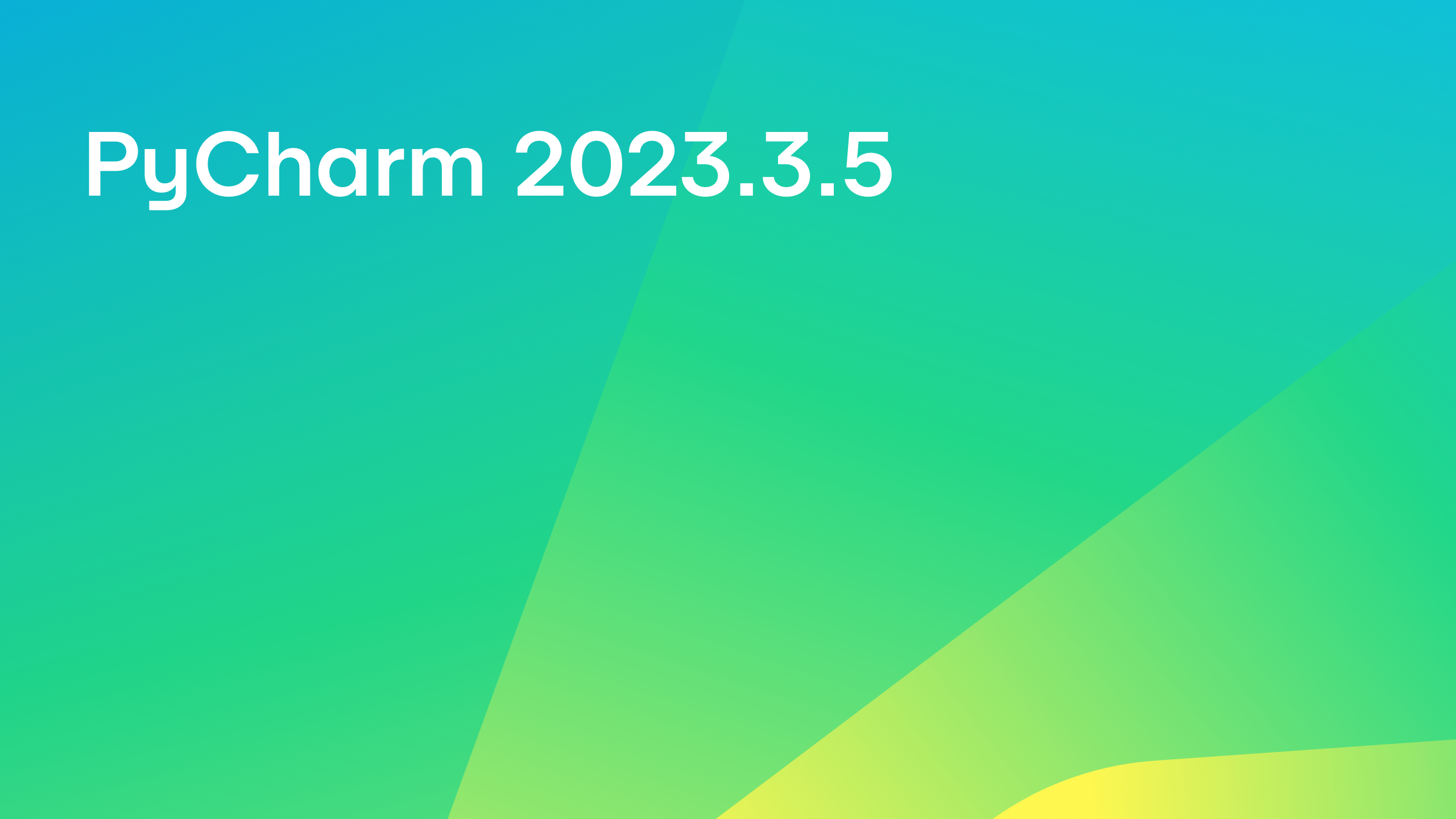Releases

PyCharm 2019.2.2
PyCharm 2019.2.2 is now available. This version solves regression issues and improves Jupyter Notebook configuration experience.
New in this Version
- Some code insight fixes were implemented for Python 3.8:
- Now the “continue” and “finally” clauses are allowed to be used.
- Support for unicode characters in the re module was added.
- An error on the Python Console that was not showing documentation for functions was resolved.
- Some issues were solved for IPython that were causing the debugger not to work properly.
- We had some regression issues with the debugger causing breakpoints to be ignored and/or throw exceptions and the data viewer not to show the proper information and those were solved.
- A problem that caused PyCharm to stall when a Docker server was configured as remote python interpreter was fixed.
- An issue that was causing one remote interpreter not be used from two different machines was solved as well.
- For Jupyter Notebook:
- Default kernel specification selection is now based on the Python version for the module where a new notebook is created and in case the kernel specification is missing from the metadata a proper error message will be shown.
- User selected kernel was mistakenly reseted when a notebook file was reopened and that was solved.
- We encounter an issue that caused PyCharm to stall when switching from a non available Jupyter server to another and that was fixed.
Further Improvements
- New compare with action feature to show database tables differences.
- Enhanced full text search for databases now shows alphabetically ordered results.
- Several platform issues were solved as well and much more, check out our release notes for more details.
Getting the New Version
You can update PyCharm by choosing Help | Check for Updates (or PyCharm | Check for Updates on macOS) in the IDE. PyCharm will be able to patch itself to the new version, there should no longer be a need to run the full installer.
If you’re on Ubuntu 16.04 or later, or any other Linux distribution that supports snap, you should not need to upgrade manually, you’ll automatically receive the new version.
Prev post Webinar: “10 Tools and Techniques Python Web Developers Should Explore” with Michael Kennedy2019.3 EAP 1 Next post
Subscribe to PyCharm Blog updates






